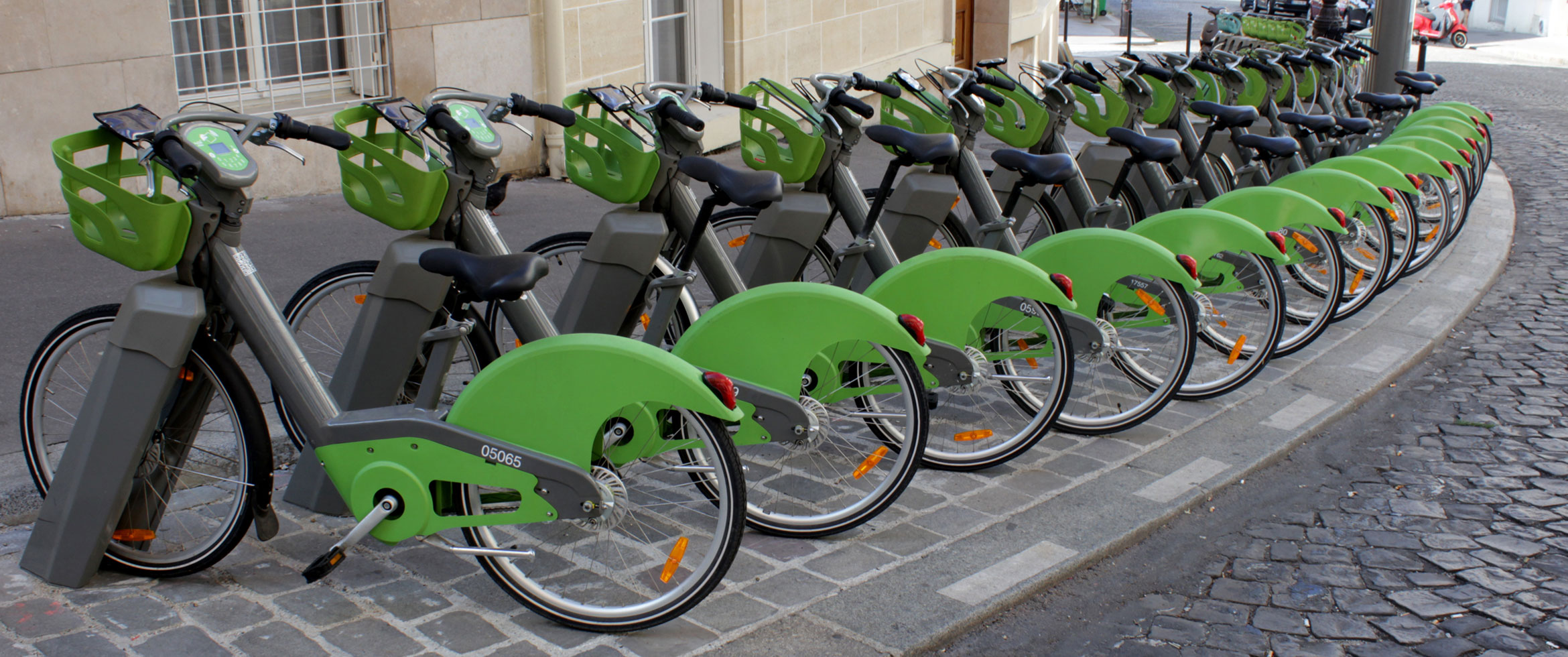Are Energy-Intensive Life-Images Fading? The Cultural Meaning of the Automobile in Transition
Sachs, W. Are energy-intensive life-images fading? The cultural meaning of the automobile in transition. Vol. 3. 1983. 347-365.
Modification of Driving Behavior in a Large Transport Organization: A Field Experiment
Siero, S., Boon, M., Kok, G., & Siero, F. Modification of driving behavior in a large transport organization: A field experiment. Vol. 74. 1989. 417-423.
Alternatives to the Automobile: Transport for Livable Cities (Worldwatch Paper 98)
Lowe, M. D. Alternatives to the automobile: Transport for livable cities (Worldwatch Paper 98). Washington: Worldwatch Institute, 1990. 49.
The Keys to the Car: Electric and Hydrogen Vehicles for the 21st Century
MacKenzie, J. J. The keys to the car: Electric and hydrogen vehicles for the 21st century. Baltimore, MD: World Resources Institute, 1994. 128.
Can Commitment Change Behavior? A Case Study of Environmental Actions
Katzev, R. & Wang, T. Can commitment change behavior? A case study of environmental actions. Vol. 9. 1994. 13-26.
Commuting by Car or Public Transportation? A Social Dilemma Analysis of Travel Mode Judgments
Van Vugt, M., Van Lange, P. A. M. & Meertens, R. M. Commuting by car or public transportation? A social dilemma analysis of travel mode judgments. Vol. 26. 1996. 373-395.
Psychological resistance against attempts to reduce private car use
Tertoolen G., van Kreveld D. & Verstraten B. (1998). Psychological resistance against attempts to reduce private car use. Transportation Research Part A: Policy and Practice, 32 (3), 171-181.
Personal and Contextual Factors Supporting the Switch to Transit Use: Evaluating a Natural Transit Intervention
Brown, Barbara B.; Werner, Carol M.; Kim, Naree (2003). Personal and Contextual Factors Supporting the Switch to Transit Use: Evaluating a Natural Transit Intervention. Analyses of Social Issues and Public Policy, 3, 1, 139-160.
Life Paths into Effective Environmental Action
Chawla, Louise. (1999). Life paths into effective environmental action. . Journal of Environmental Education, 31, 1, 15-26.
Environmentally Friendly Replacement of Automobiles
Marell, A., Davidsson, P. & Gaerling, T. (1995). Environmentally friendly replacement of automobiles. Journal of Economic Psychology, 16, 3, 513-529.



